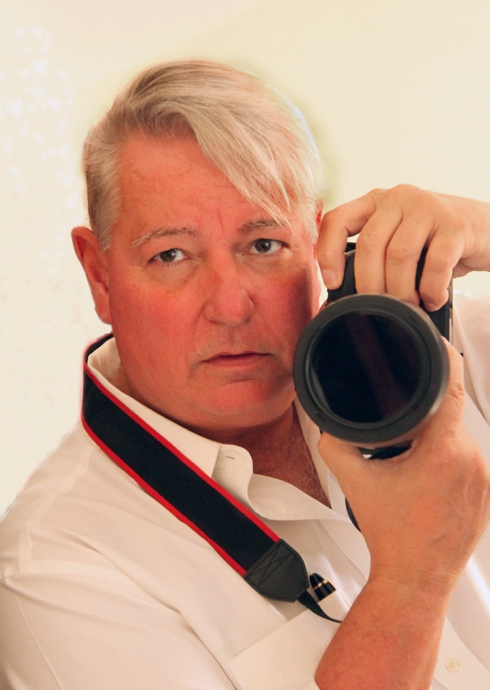 MDN.ORG:
Missouri Digital News
MDN.ORG:
Missouri Digital News

 MDN.ORG
MDN.ORG
 Mo. Digital News
Mo. Digital News
 Missouri Digital News
Missouri Digital News
 MDN.ORG:
Mo. Digital News
MDN.ORG:
Mo. Digital News
 MDN.ORG:
Missouri Digital News
MDN.ORG:
Missouri Digital News

 MDN.ORG:
Missouri Digital News
MDN.ORG:
Missouri Digital News

 MDN.ORG
MDN.ORG
 Mo. Digital News
Mo. Digital News
 Missouri Digital News
Missouri Digital News
 MDN.ORG:
Mo. Digital News
MDN.ORG:
Mo. Digital News
 MDN.ORG:
Missouri Digital News
MDN.ORG:
Missouri Digital News


| Capitol Perspectives
| 
|
|---|